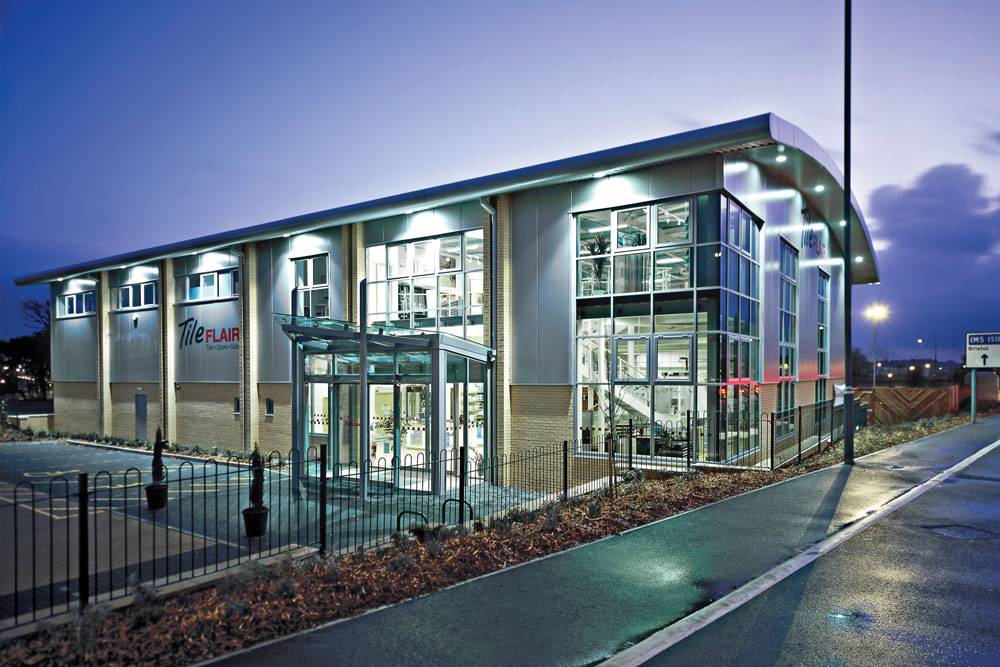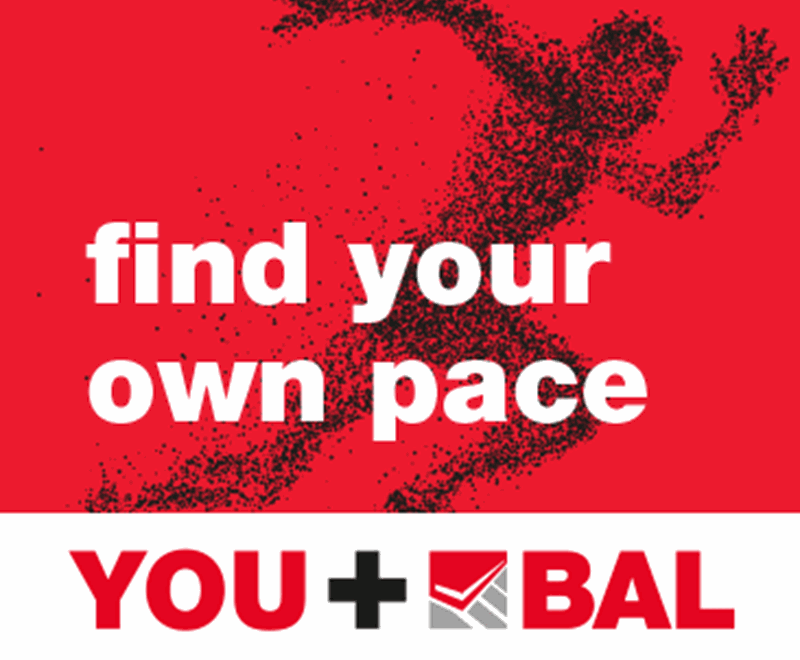Fifty years ago, Tileflair started trading with a small team of four people in one store. Passionate about being the best at what it did, the company aimed to create a first-class experience for its customers. These goals led the company to implement K8, an ERP solution, from Kerridge Commercial Systems (KCS) designed to help distribution and wholesaler/retailers manage trade and finance effectively.
Tileflair has since taken advantage of K8’s functionality to grow into one of the largest privately-owned tile suppliers in the south of England. Matthew Johnson, Tileflair’s chief executive, discusses how K8 has helped the company drive efficiencies.
“From a business perspective,” Johnson says, “using the same system for finance and sales has streamlined how we operate. We’ve also smoothly integrated our online store, so stock sells on our website and the customer order updates K8 in real-time. K8 is part of our digital strategy, and it opens up real possibilities for future growth.
“When we first chose K8, we were confident that KCS was a robust company. Established within the market, it wasn’t about to cease development or withdraw support for software we’d just built into our business. As you can imagine with such an intrinsic system, having that reassurance was hugely important for us.”
Comprehensive stock management was another attractive benefit for the business, especially when combined with the search functionality and ease of attaching items to an order. Additionally, K8 being a fully integrated ERP system meant Tileflair could use one system for all its operational functions. One example of this multifunctionality is the ability to keep a sales order open while checking a customer’s account history. Additionally, the company values the ‘one-click to get to where you need to be’ capability, which gives it complete control over the sales process.
K8 has also allowed the company to scale. In the past few years, Tileflair has expanded with additional stores in Swindon, Oxford and Yeovil. Johnson is keen to point out that K8 makes it simple for the company to add branches to the system. Intuitive functionality also makes the scaling process easier.
Any new or additional branches have complete visibility and access to stock from across the company network, helping the company effectively utilise all of its stock, which in turn reduces waste and keeps the company in line with its sustainability targets.
A recent key strategy for Johnson has been to remove stock for many of the company’s lines from branches and hold it centrally. “This helps us streamline our operations and optimise our inventory,” he says. “And it would be so much more difficult if we didn’t have K8. So be it through moving, monitoring, buying or selling, the stock management facility within K8 is a real strength and creates value for us.”
Tileflair has also driven many more efficiencies throughout the business, including accounts. The company used to post invoices and statements to customers. Naturally, that soon became costly, both in terms of paper and postage.
Now both kinds of correspondence are sent via email from K8. This measure alone has helped it save on money and resources and improve customer service as everything happens instantly. The savings in paper and energy alone were significant, together with reducing its carbon footprint, which was very important to.
Tileflair has always made use of the KPI reports contained in K8 for branch-level reporting. But more recently, the company has also implemented Vecta, a mobile sales intelligence and CRM app which integrates with and takes its data from K8.
“We’re excited about the improvements that Vecta has helped us make to our business,” Matthew concludes. “We care about our customers at Tileflair, so meeting their needs is important. Vecta delivers improved reporting for our sales team and management and give us greater quantitative insight into our customers’ behaviours. As a result, we can now make better-informed decisions both for them and our business.”
www.kerridgecs.com
www.vecta.net








